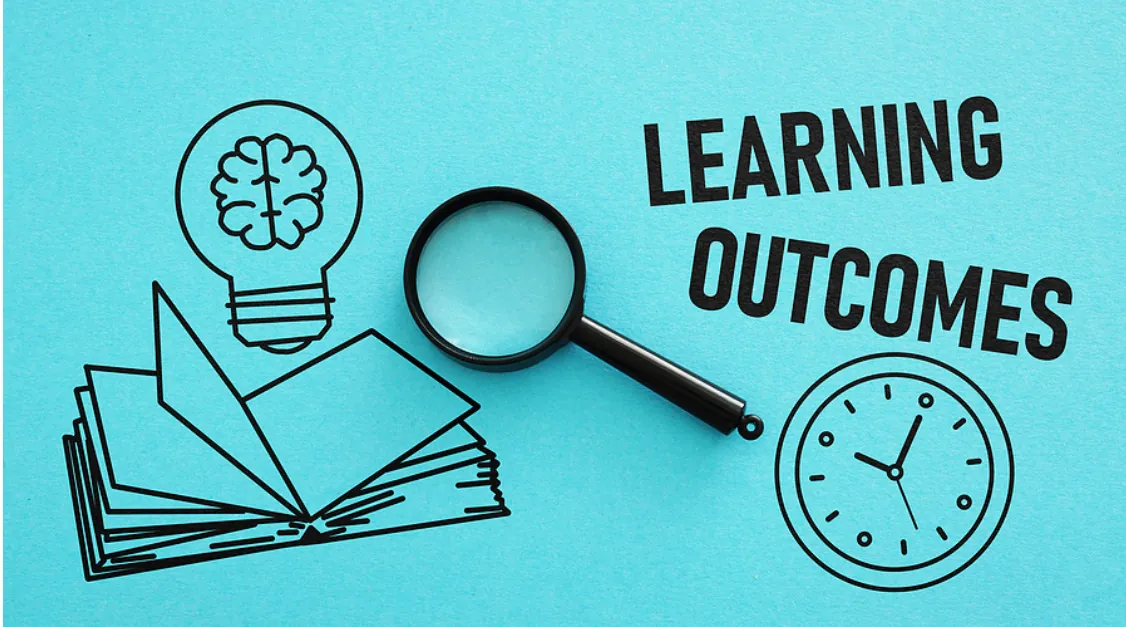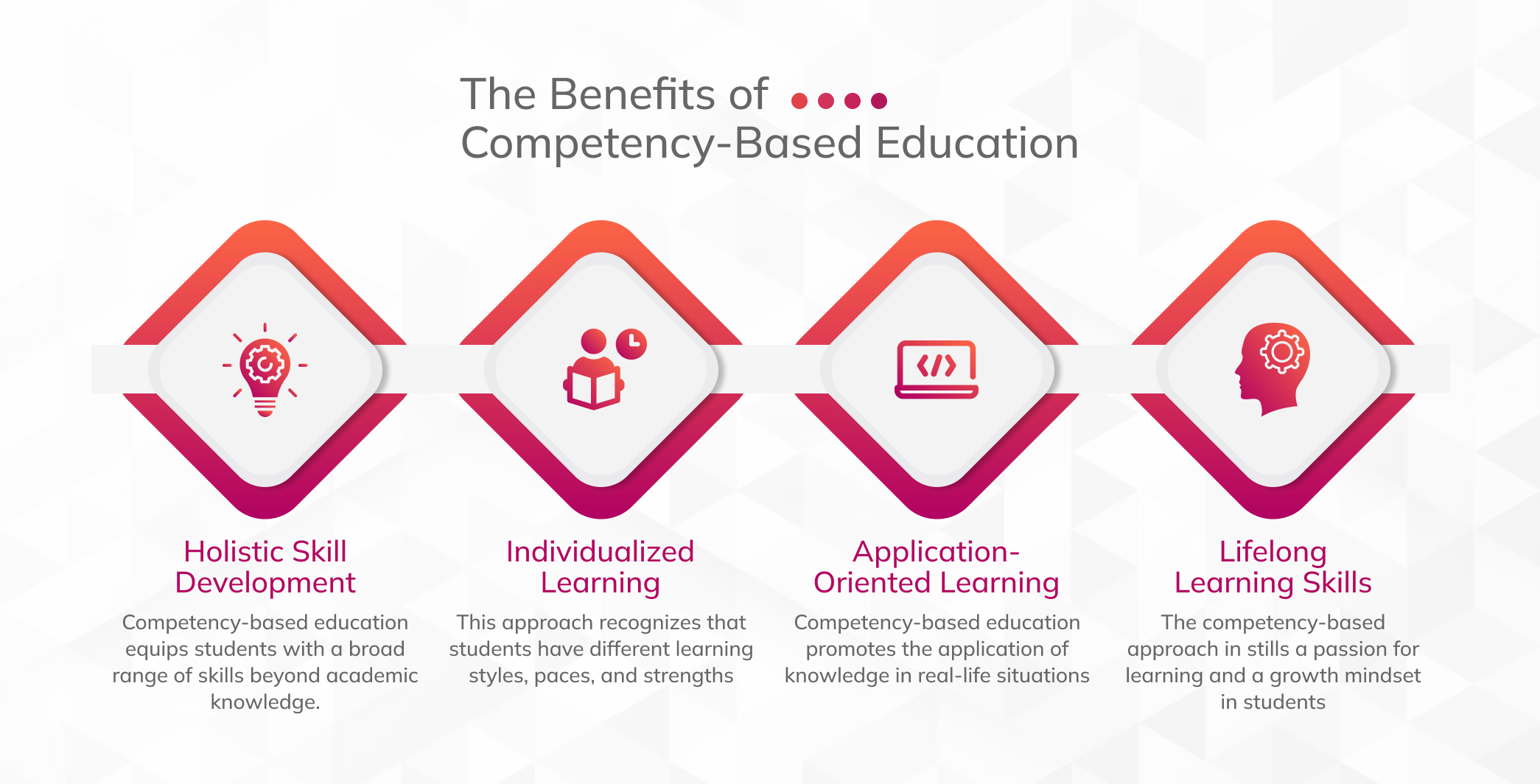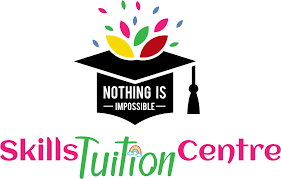Learning outcomes are concise statements that specify what a learner will know, understand, or be able to do at the end of a learning experience. They give teachers, and students information to focus on what the outcomes of instruction should be.
So, What Is The Importance Of Learning Outcomes?
Focus: Learning outcomes make it clear what is expected from both the student and the instructor in terms of content covered and learning assessment.
Student-Centered Learning– By making the learning goals explicit, students are empowered and take responsibility over their own learning.
Aligning Assessment: You can connect assessments directly to the stated outcomes.
Better Learning — Well defined outcomes can guide the students to success and motivate them along the way
What is in a Good Learning Outcome?
I) Action Verb — An action verb that describes what you want the student to do (Ex: Analyze, Apply, create, evaluate)
Content: The things you need to learn about
C — Condition: The context or situation where a learner will be demonstrating the knowledge or skill
Criteria: The EXPECTATIONS that adjudicate the learner’s performance
Learning Outcome Example:
WeltkriegsworteWriting: You Will Study World War II
A Cleanly Stated: Students will analyze the causes and effects of World War II, and evaluate its impact on world politics.
Constructing Effective Learning Outcomes
Step 1 — Identify the Desired Learning: Learn to think bigger, and then break it down into achievable pieces.
Choose Strong Action Verbs: Select verbs that reflect the degree of thought processes required.
Be Detailed and Quantifiable: answer exactly what students will know or be able to do.
Assessment Alignment — Confirm that assessments assess the outcomes stated.
Engage Students: Factor student input into learning outcomes.
Clear and specific learning outcomes enable the design of more effective and engaging learning experiences by educators.



